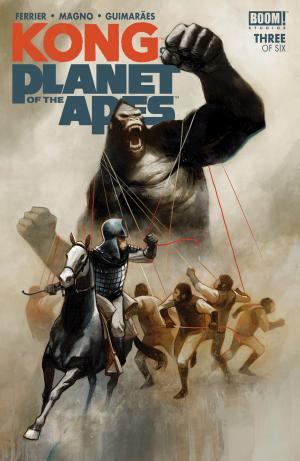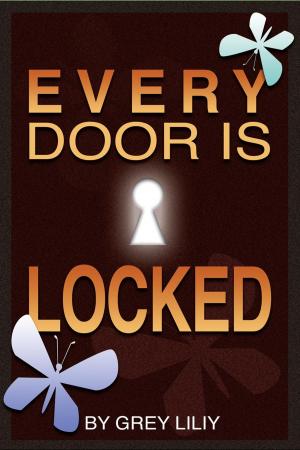| Author: | Janet Bessey, Donna J. Shelton | ISBN: | 9781370001996 |
| Publisher: | Janet Bessey | Publication: | March 13, 2017 |
| Imprint: | Smashwords Edition | Language: | English |
| Author: | Janet Bessey, Donna J. Shelton |
| ISBN: | 9781370001996 |
| Publisher: | Janet Bessey |
| Publication: | March 13, 2017 |
| Imprint: | Smashwords Edition |
| Language: | English |
I often reflect on the way this disaster came to be. How could a democratic society allow a duly elected government to label some human beings as human-animal, and demote them to a level of no more importance than any other head of farm stock; subject by law to compassionate care, market sale, or humane CULL, as deemed an appropriate business decision by the government itself or the corporations who owned them.
However, we all stood mutely by when in 2022, the “human-animal redefinition law” passed the world Congress. The classification of people as human-animal chattel had been a long, slow process, filled, in the beginning, with many protests and arguments. The whole classification process was innocuous enough to start—a mandated micro-chip implanted in all humans—this was intended to allow the government to be sure money and food was allotted in the correct amounts. Touted as a lifesaving tool, it also allowed tracking and immediate identification. This implant opened the door for a much darker usage. At first, this set well with many families who had non-productive family members and friends who would not, or could not provide for themselves. Letting them live in their home and having food and care paid for by the government was a huge relief. Since no criteria had yet been published concerning the level of care for “human-animal chattel', unsuspecting family members naively believed it would be sufficient and welcomed the strays back into their arms as soon as they were safely on the government dole. Looking back, it would appear that some merit had now been added to the comments made by a well-known intellectual shortly after the 2010 bill passed, “due to a lack of transparency and the stupidity of the American voter."
Meanwhile, happy, busy people quickly forgot all about that awful “label.” They were soon lulled back into the false sense of security that living in a three hundred year old democracy can so comfortably provide.
I often reflect on the way this disaster came to be. How could a democratic society allow a duly elected government to label some human beings as human-animal, and demote them to a level of no more importance than any other head of farm stock; subject by law to compassionate care, market sale, or humane CULL, as deemed an appropriate business decision by the government itself or the corporations who owned them.
However, we all stood mutely by when in 2022, the “human-animal redefinition law” passed the world Congress. The classification of people as human-animal chattel had been a long, slow process, filled, in the beginning, with many protests and arguments. The whole classification process was innocuous enough to start—a mandated micro-chip implanted in all humans—this was intended to allow the government to be sure money and food was allotted in the correct amounts. Touted as a lifesaving tool, it also allowed tracking and immediate identification. This implant opened the door for a much darker usage. At first, this set well with many families who had non-productive family members and friends who would not, or could not provide for themselves. Letting them live in their home and having food and care paid for by the government was a huge relief. Since no criteria had yet been published concerning the level of care for “human-animal chattel', unsuspecting family members naively believed it would be sufficient and welcomed the strays back into their arms as soon as they were safely on the government dole. Looking back, it would appear that some merit had now been added to the comments made by a well-known intellectual shortly after the 2010 bill passed, “due to a lack of transparency and the stupidity of the American voter."
Meanwhile, happy, busy people quickly forgot all about that awful “label.” They were soon lulled back into the false sense of security that living in a three hundred year old democracy can so comfortably provide.















